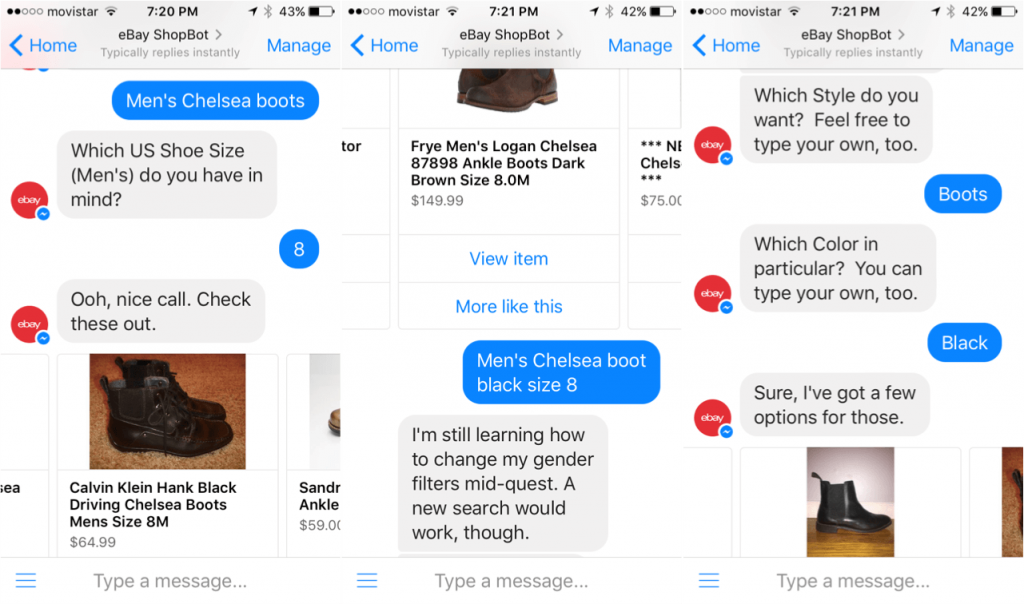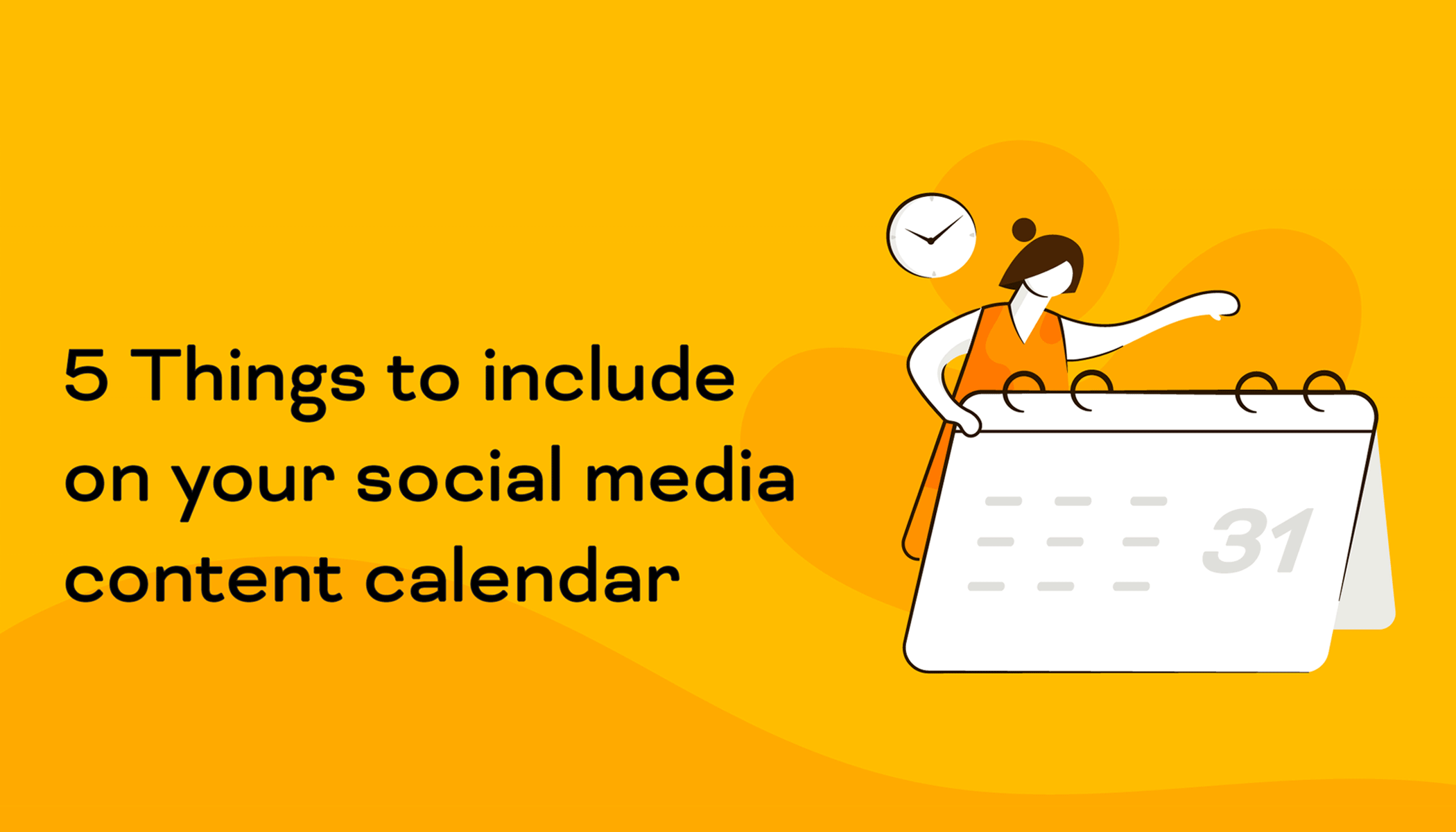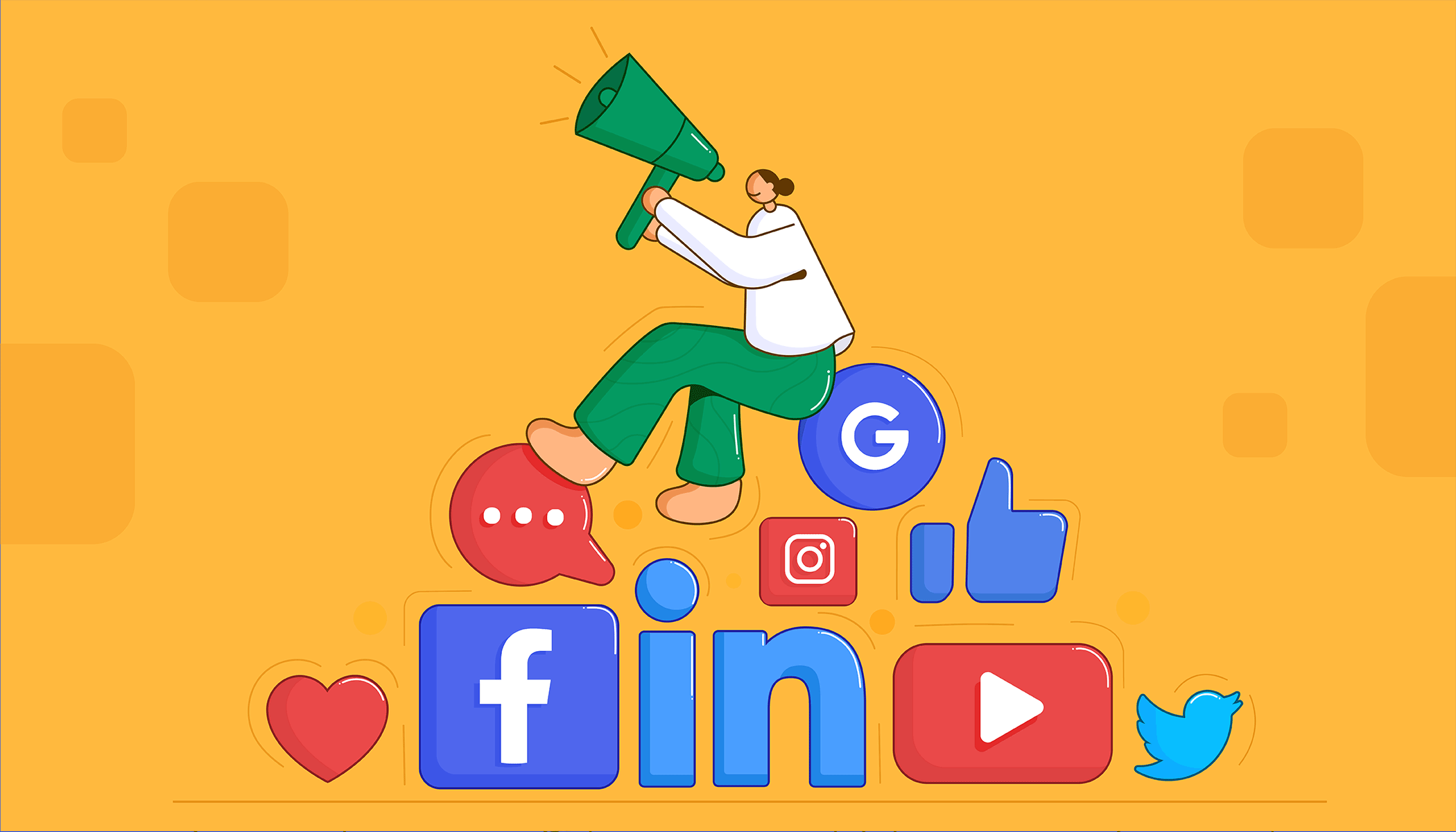The beginners guide to conversational marketing
- Last Updated : August 17, 2023
- 2.3K Views
- 5 Min Read

As markets and consumers continue to get more diverse, gone are the times when consumers had limited options. Modern consumers are spoilt for choice as the evolution of products is faster than ever. It has become increasingly tricky to exhibit products and services as marketers are always under pressure to keep up with the fast pace of change.
Today, a brand's success doesn't only depend on the product it offers. It must also answer the question "How do I ensure my marketing plan is up-to-date?" The answer lies with extensive market research along with three other basic things—marketing, technology, and human behavior. Smart marketers have intercepted these rapidly evolving times with a new marketing practice called conversational marketing.
What is conversational marketing?
Conversational marketing is a new, personalized approach to doing business online. It's the fastest way to move buyers through your marketing and sales funnels using the power of real-time conversations. It builds relationships with a customer-centric and dialogue-driven conversational approach to marketing. Conversational marketing is becoming a go-to strategy for driving customer engagement and improving customer experience, resulting in revenue growth.
This is just a new tool available to marketers and a slightly different way of thinking about objectives. It helps your brand stand out from your competitors using a variety of mediums such as online chats or social media channels, but the end goal is the same—engage more with your customers and humanize your brand.
How do you do conversational marketing?
The key to successful conversational marketing is to personalize your approach. Implementing it doesn't force you to start everything from scratch. It's a swift way to move up the buyers in the marketing and sales funnel. It’s more like turning on a new lead-gen channel that complements your existing marketing efforts with a two-step process:
Engage leads
Understand their problems and provide solutions
Engage and generate more leads through chat
Businesses must realize many in their audiences are tired of filling out forms and ready to actually talk to someone. What happens when you give visitors the luxury of initiating a conversation and finding the answer they're looking for as soon as they land on your website? It's bound to result in higher conversion rates, more opportunities, and a seamless experience.
Since you can't employ people operating live chat software 24/7, chatbots make this easier by helping promote leads as qualified using a series of questions and collecting basic qualification details (name, email, company size, budget, service preference, pain points, and more). Based on this input, it can segment users and personalize next steps. For example, instead of automatically assigning someone from marketing, it can designate visitors as sales-qualified leads and pass them on to sales. Meanwhile, the marketing team can gather data and build their email list, and all boxes are checked. The sales team gets a full-context, checked and qualified lead.
Using intelligent chatbots can make conversational marketing work for your business no matter the time of day. You can also send targeted messages to the visitors who seem likely to buy instead of waiting for them to initiate the conversation.
Understand leads and provide better customer experience
The typical approach to qualifying leads takes days of marketing automation and nurturing emails. The traditional method of collecting contact information by distributing lead forms is not scaling anymore as the forms aren't able to provide some necessary context. Real-time conversations will help you know more about customer, and with conversational marketing, bots keep you available 24/7 to instantly engage with new leads.
You can build your chatbots with similar questions that you ask your customers on form fields or during initial qualifying calls and let bots ask these questions for you. This helps the bots understand your lead better, and it will also help them the next steps to the person engaging with them. This will speed up the response time, enabling your sales reps to talk to the more qualified leads and close more sales. This way you're creating a more human experience for your customers while conversing with hundreds of your website visitors at once.
Conversational vs inbound marketing
Is there a difference between conversational and inbound marketing? The answer is yes and no. Inbound marketing is the methodology of attracting customers through the channels they use most often such as web content, social media posts, email marketing and blogs. Conversational marketing is the interaction we have with these customers on those platforms and gives them the control of when, how, and where they prefer to communicate. It's often considered part of inbound marketing, and since they both are customer-centric by nature, they go hand in hand. Conversations take place throughout the entire customer journey, however, they play the biggest part after the "attract" stage of the funnel. They can be used in place of long, arduous forms to attract and capture leads, answer product or service questions, and generally help convert visitors into leads and leads into customers.
Benefits of conversational marketing
When everything is in place, conversational marketing provides multiple benefits that gives you an edge over your competitors in the market.
Better customer experience
Similar to a sales representative guiding you in a store, have you wondered how it would be if you have someone to guide your online shopping experience? Conversational marketing provides this experience by integrating chatbots with the channels where bots allow for real-time conversations in terms of assisting with inquiries. This helps you identify what visitors are interested in and their position in their buyer's journey, allowing you to adjust your communication accordingly and interact with them in a meaningful way through relevant, targeted messages. This helps your brand build trust throughout your buyer's journey, and it enables you to further develop relationships with your customers.

More quality leads generated
Conversations not only help generate leads but also qualify them for your sales. This process is where the chatbot will ask a series of simple questions in real time to understand if the user needs customer support, sales assistance, or help making a transaction. This interactive way for customers and lead prospects to engage with your brand will help you optimize customer experience and convert them into customers.
Faster conversion rate in buyer's journey
Conversational marketing fast-tracks your marketing activity and connects the prospect to your sales team. It tracks your buyers moving up through the sales funnel from marketing in an effective way. Bots can send qualified leads directly to your sales agents on live chat, as well as booking meetings with sales in real time.
Why is conversational marketing the future?
If you're a brand or a business owner looking to scale up your marketing strategy, conversational marketing is the key. It's going to play a crucial aspect in online marketing going forward as few brands have adapted to this in their marketing strategy. In coming years, one can expect a growing number of conversational messaging applications—WhatsApp has already replaced their traditional method of using banners because an interactive environment encourages continuous engagement with real-time conversations. In the near future, more businesses will adopt chatbots, and customer experience will be highly optimized.
Do you think your business can benefit from conversational marketing? Drop your comments below, and let's get conversational!
 Ashwin
AshwinMarketer by day and writer/poet by night! I get the dopamine rush when my thoughts are put down as words or poems. A person with big time OCD (Obsessive Cinema Disorder).


